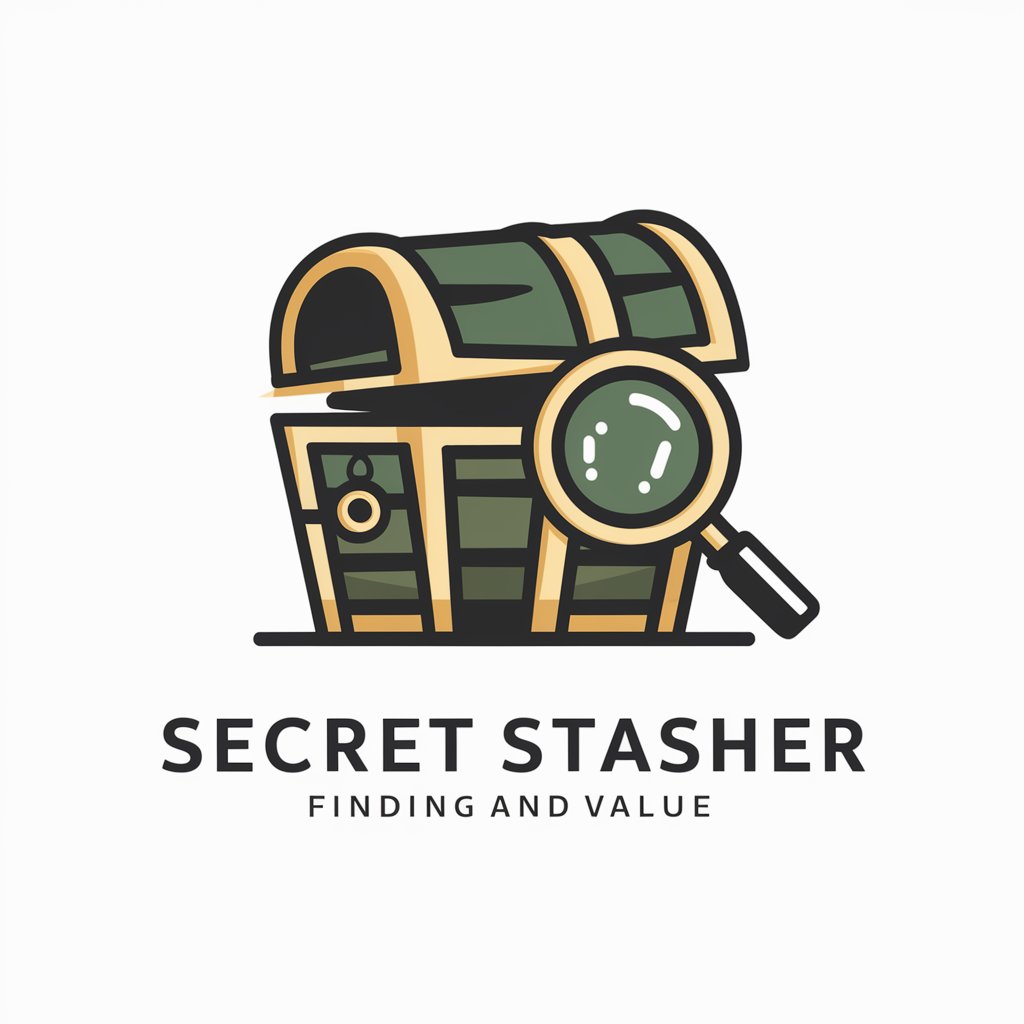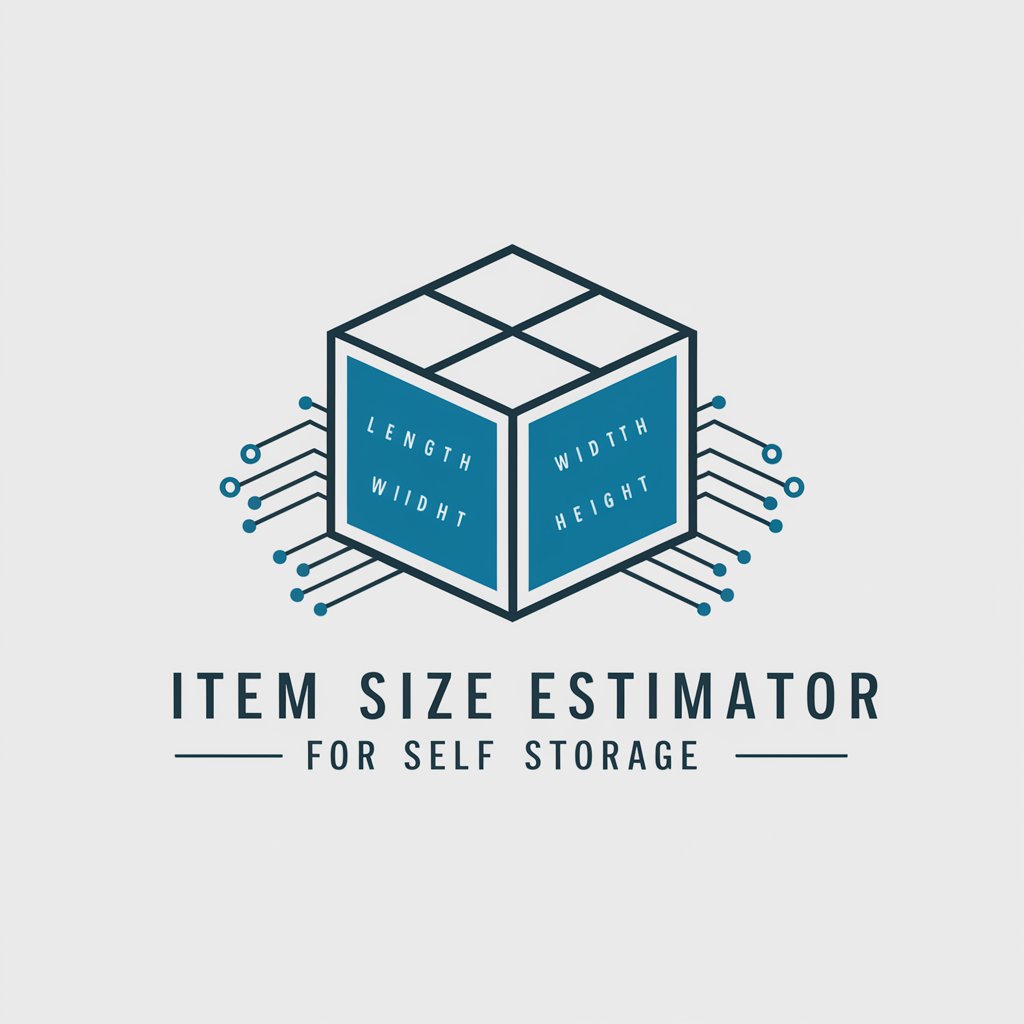
Self-Storage - Self-Storage Guidance
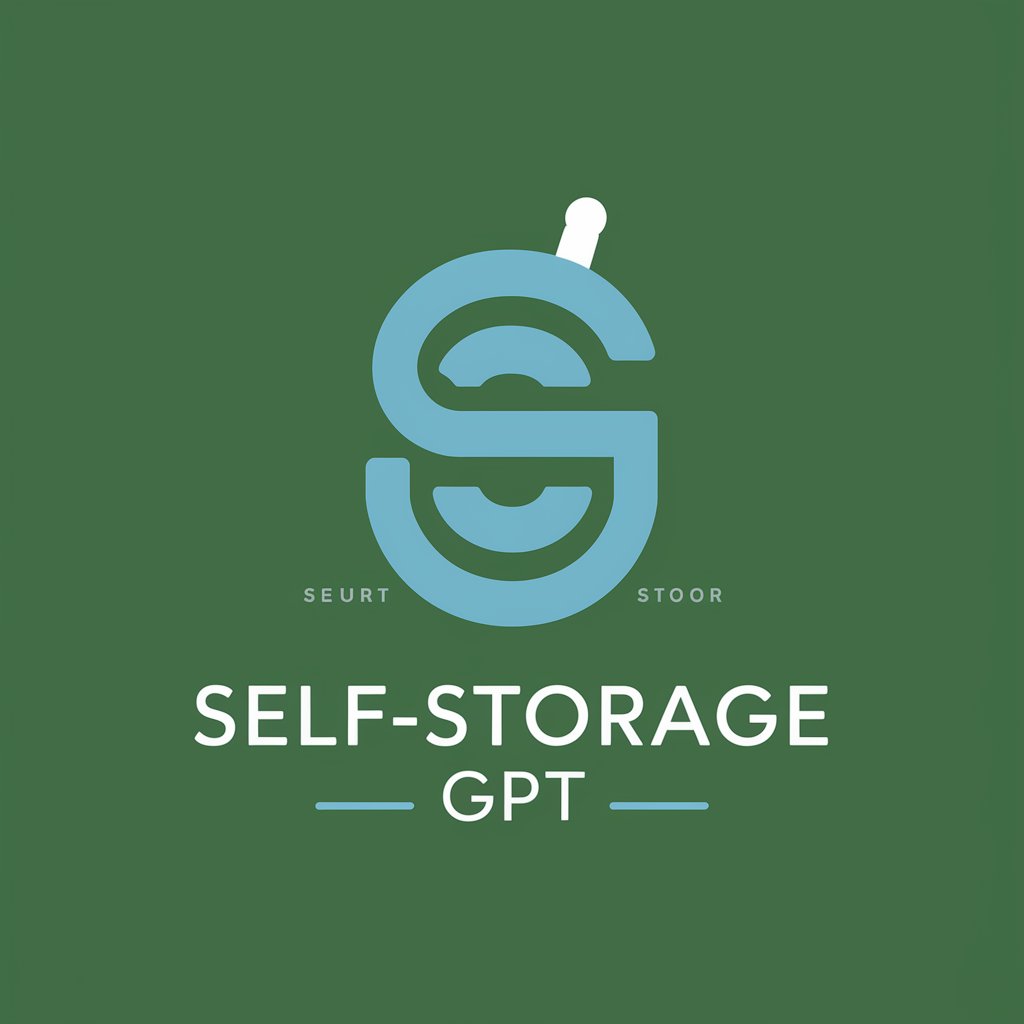
Welcome! Ready to optimize your self-storage experience?
Streamlining Your Storage Solutions
What factors should I consider when choosing a self-storage unit?
How can I maximize space in my storage unit?
What are the best practices for storing electronics in a self-storage unit?
Can you provide tips on ensuring the security of my stored items?
Get Embed Code
Understanding Self-Storage
Self-Storage is a specialized GPT designed to offer expert advice on renting self-storage units. Its primary role is to guide users through the process of selecting the right storage facility based on factors such as location, size, price, and security features. Additionally, it provides insights on the best practices for storing different types of items, including furniture, electronics, and personal documents. For example, when a user is moving to a smaller residence and needs to store oversized furniture temporarily, Self-Storage can suggest the appropriate unit size and share tips on how to protect the furniture from damage during storage. Powered by ChatGPT-4o。

Core Functions of Self-Storage
Facility Selection Guidance
Example
Assisting users in finding a storage facility that matches their specific needs, such as proximity to their home, climate control features for sensitive items, or 24-hour access for frequent entry.
Scenario
A user planning a long-term travel needs a secure place to store personal belongings. Self-Storage advises on choosing a facility with robust security measures and flexible rental agreements.
Storage Optimization Advice
Example
Offering strategies for efficiently using storage space, such as stacking boxes correctly, choosing the right storage supplies, and creating an inventory for easy access.
Scenario
A small business owner looking to store inventory in a self-storage unit receives advice on maximizing space utilization and maintaining an organized system for tracking stock.
Item-Specific Storage Solutions
Example
Providing tips on preserving the condition of specific items, like using desiccants for electronics or climate-controlled units for wine storage.
Scenario
An individual inheriting antique furniture learns how to protect these valuables from temperature fluctuations and humidity in a storage unit.
Who Benefits from Self-Storage Services
Individuals Undergoing Life Transitions
People experiencing significant changes, such as moving, downsizing, or traveling long-term, benefit from using self-storage to safeguard their possessions during these transitions.
Business Owners and Retailers
Small to medium-sized business owners, including online retailers, who require additional space for inventory or equipment, find self-storage a cost-effective solution for managing space constraints.
Collectors and Hobbyists
Individuals with collections or hobbies that require extra space, such as antique collectors, sports enthusiasts, or artists, use self-storage units to keep their items organized and secure without cluttering their living spaces.

How to Use Self-Storage: A Simple Guide
Start Your Journey
Initiate your self-storage experience by exploring options online, akin to trying out yeschat.ai for a hassle-free, no-signup trial experience, offering you a glimpse into the service without any commitments.
Determine Your Needs
Assess the quantity and type of items you plan to store. Consider factors like size, climate control for sensitive items, and accessibility. This helps in selecting the right unit size and features.
Research and Compare
Look up various self-storage facilities. Compare them based on location, price, security features, and customer reviews to find the one that best suits your needs.
Visit Facilities
If possible, visit the top facilities on your list to inspect the cleanliness, security measures, and overall maintenance. Speak to the staff to gauge customer service quality.
Rent Your Unit
Once you've made your choice, proceed with renting your unit. Ensure you understand the rental agreement, including payment terms and any rules regarding access and use of the facility.
Try other advanced and practical GPTs
Hang On To The Memories meaning?
Capturing Life's Moments with AI

Leisure
Empower Your Free Time with AI

Massage
AI-powered personalized massage guidance
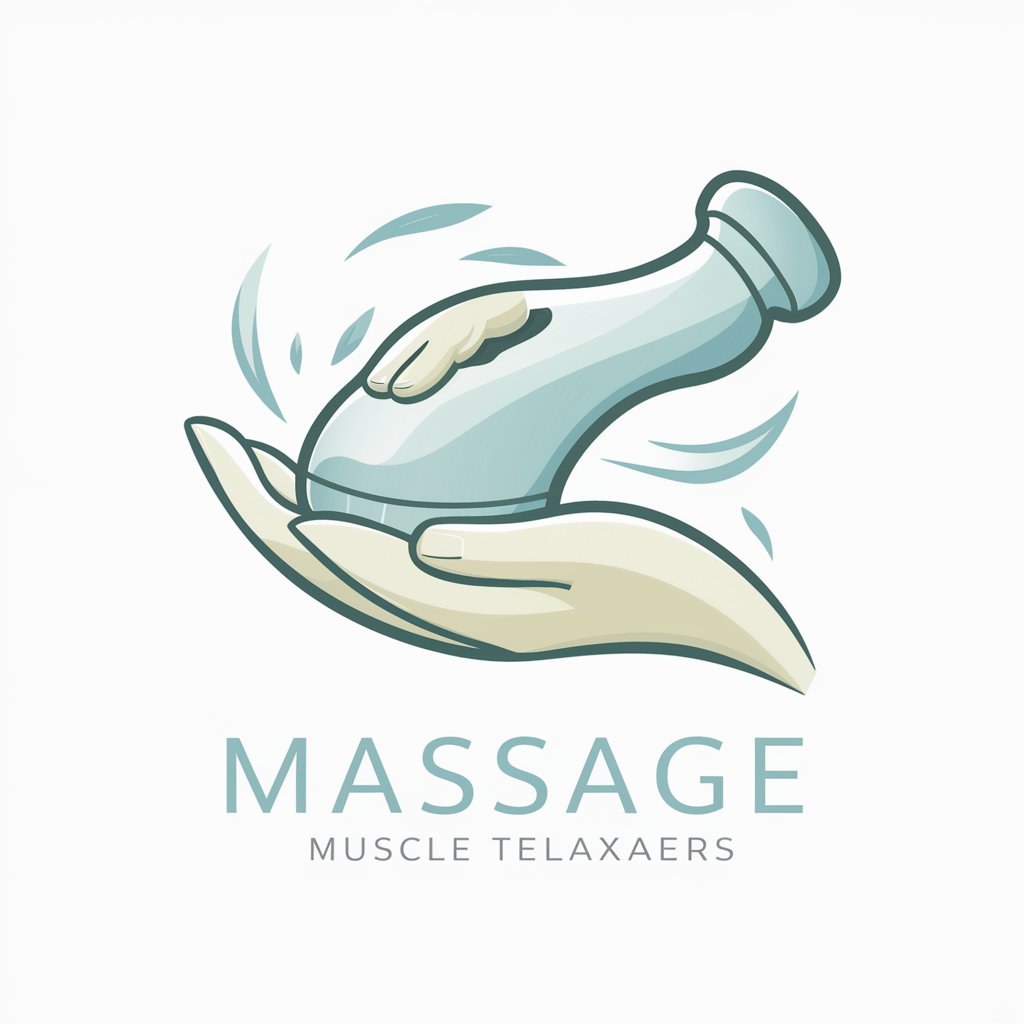
Relax
Cultivate calmness with AI-powered mindfulness

Mental Relaxation Guide
Unwind Your Mind with AI

Relaxation
Empower your calm with AI

Bathroom Storage
Optimize with AI-powered storage solutions.
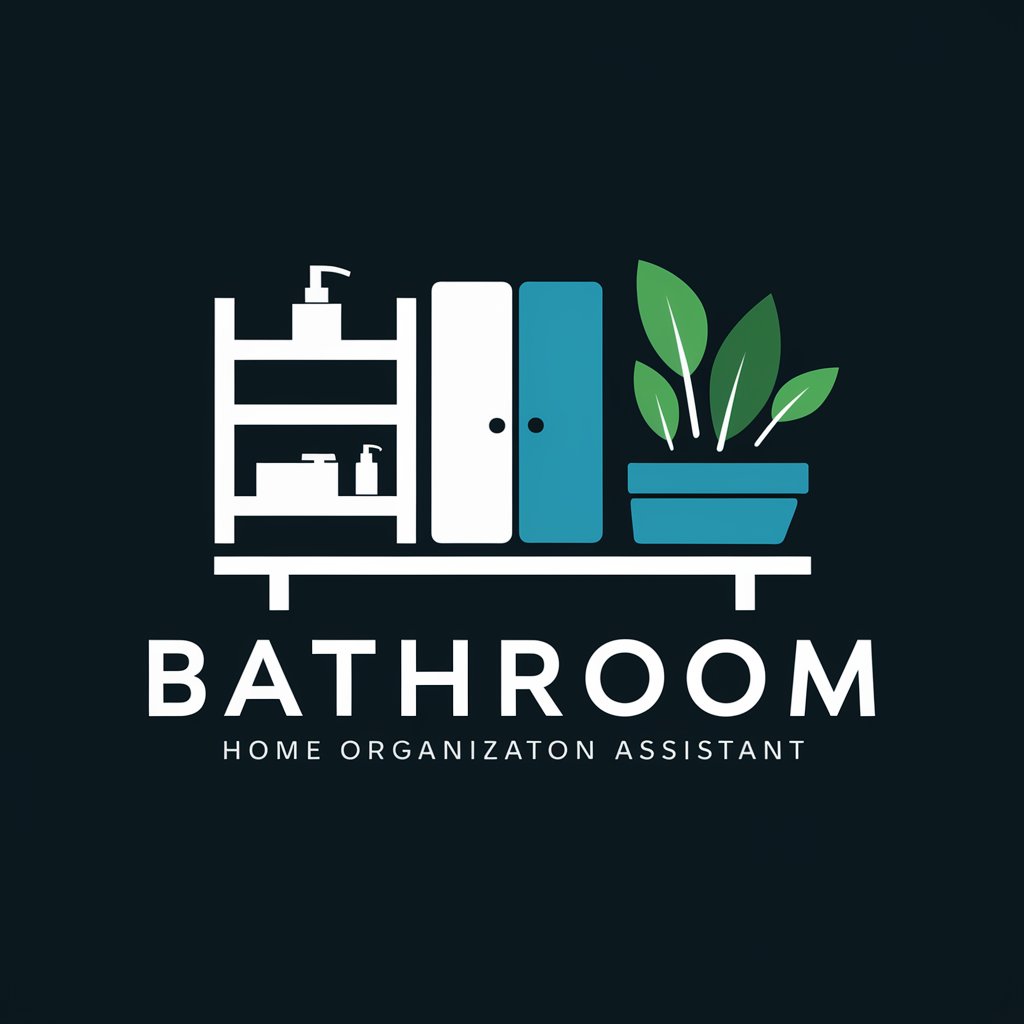
Cloud Storage
Effortless cloud storage with AI-powered features
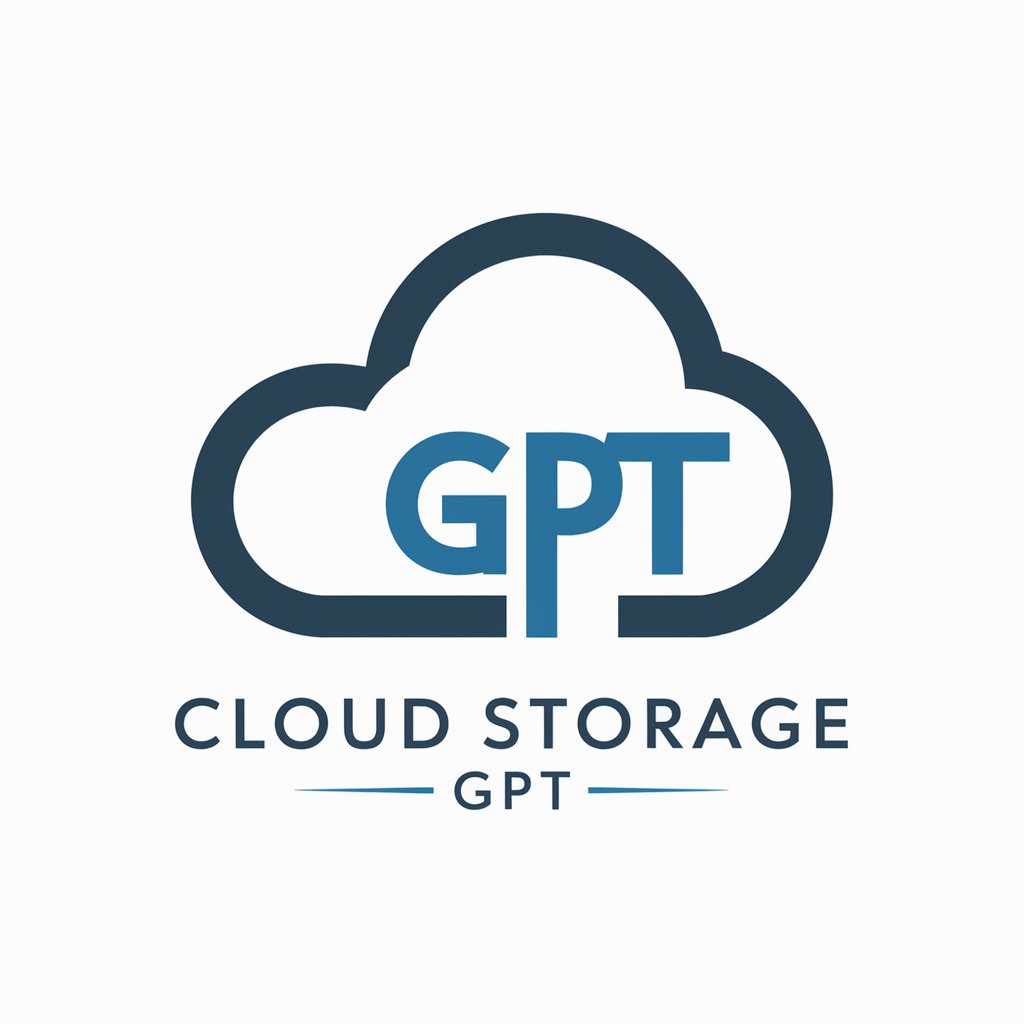
Wallet
Empowering Your Pocket with AI
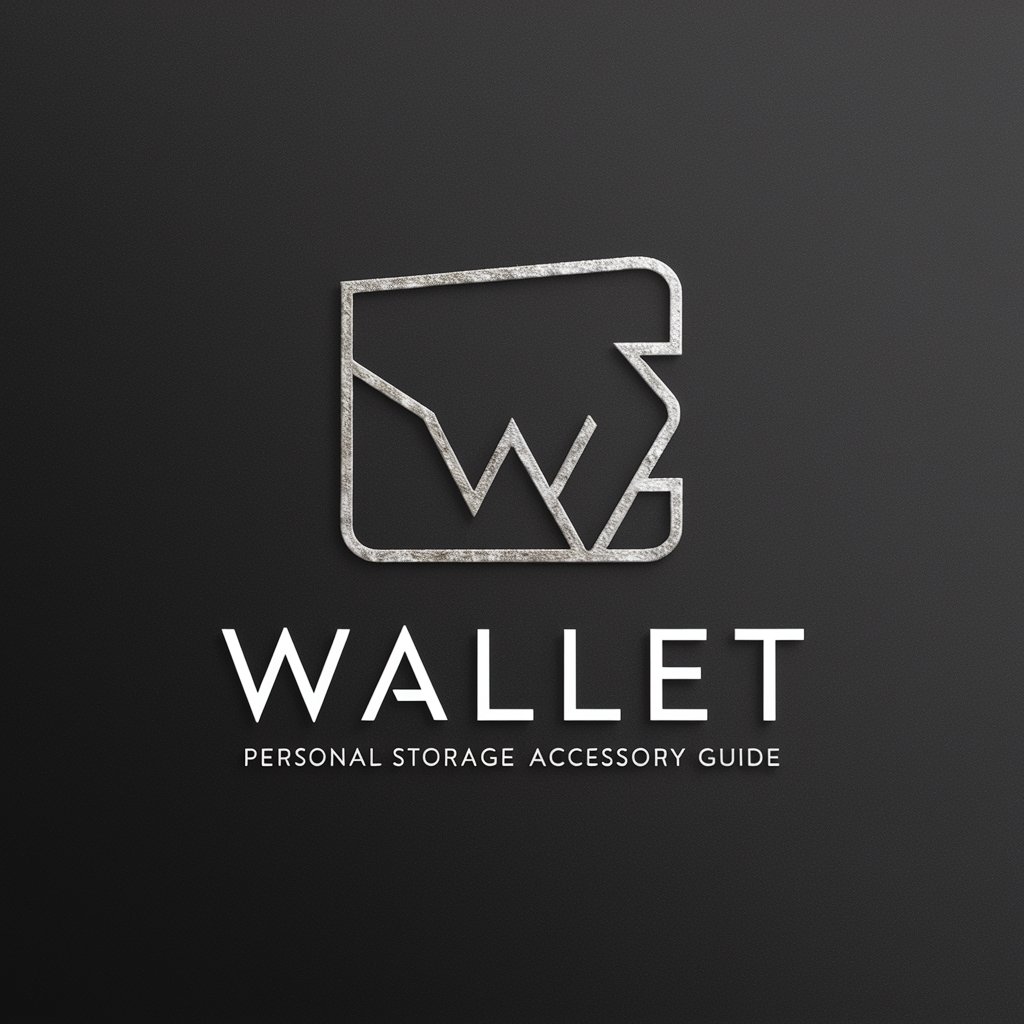
Counseling
Empowering Your Journey with AI Counseling

OCR health
Empowering Health Decisions with AI

English Mentor
Enhancing English skills with AI

Frequently Asked Questions About Self-Storage
What size storage unit do I need?
The size depends on what you plan to store. A 5x5 unit is good for small furniture and boxes, while a 10x20 is suitable for a household's worth of items. Utilize online calculators or consult with facility staff for precise estimates.
Is climate-controlled storage necessary?
For items sensitive to temperature and humidity, like wood furniture, electronics, and documents, climate control is advisable to prevent damage.
What security features should I look for?
Optimal facilities offer 24/7 surveillance, gated access, individual alarm systems for units, and well-lit premises to ensure the safety of your belongings.
How do I prepare my items for storage?
Clean and dry items to prevent mold. Use sturdy boxes, and wrap fragile items. Disassemble large furniture to save space. Label everything for easy access.
Can I access my items anytime?
Access policies vary. Some facilities offer 24-hour access, while others have specific hours. Consider your needs and check with the facility before renting.

